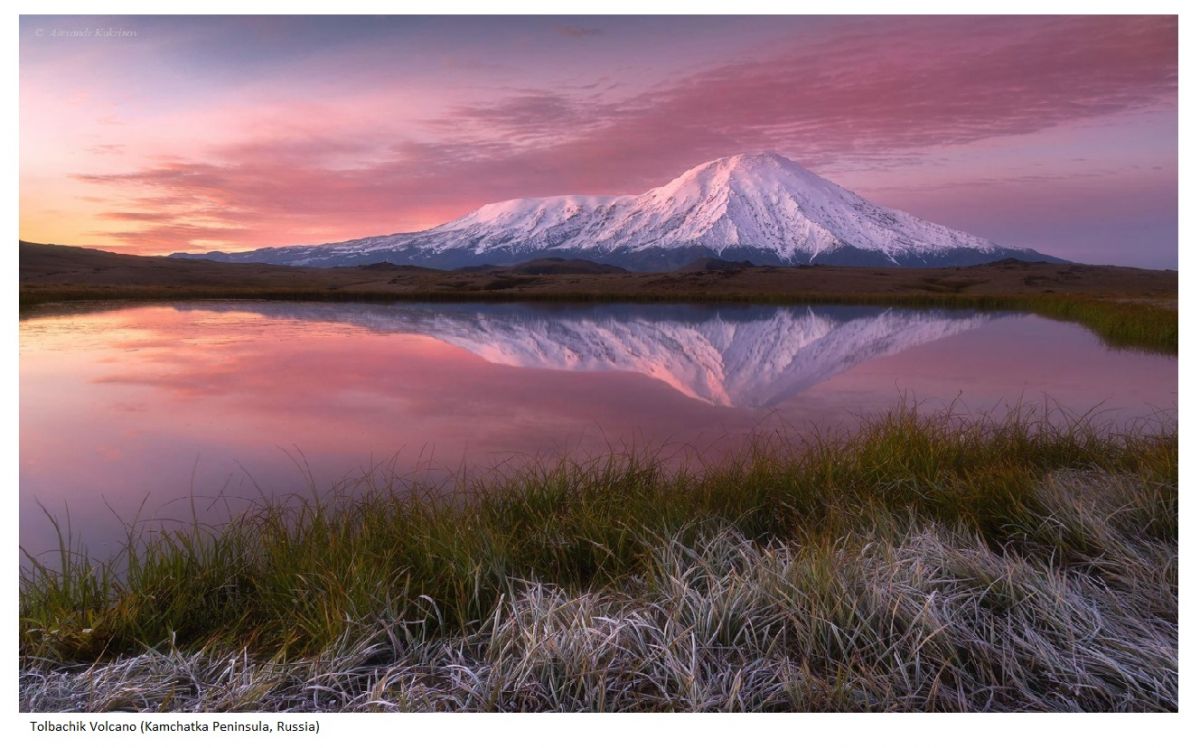December 7, 2022
Kazan (Republic of Tatarstan, Russian Federation) is hosting the International Forum for the 50th anniversary of the UNESCO Convention on the Protection of the World Cultural and Natural Heritage.
The Convention came into force on December 17, 1975. There are 1154 sites in 167 countries in the List of the World Cultural and Natural Heritage. This list includes 20 cultural and 11 natural sites in Russia. Among the natural sites are: Virgin Komi Forests, Volcanoes of Kamchatka, Lake Baikal, Golden Mountains of Altai, Western Caucasus, Central Sikhote-Alin, Ubsunur Lake Depression, Natural System of Wrangel Island Reserve, Putorana Plateau, Lena Pillars Nature Park, Landscapes of Dauria. The total area of all 11 territories is almost 24 million hectares. Moreover, two sites are transboundary: Ubsunur Depression and "Landscapes of Dauria" are located on the territories of Russia and Mongolia.
 The Ministry of Natural Resources and Environment of the Russian Federation is working to ensure continued growth of the number of World Natural Heritage sites. The UNESCO tentative list includes six more territories - Magadansky Reserve, Commandor Islands, Great Vasyugansky bog, Krasnoyarsk pillars, Ilmensky mountains, Bashkir Urals and the "Kenoozyorye Reserve" natural and cultural complex.
The Ministry of Natural Resources and Environment of the Russian Federation is working to ensure continued growth of the number of World Natural Heritage sites. The UNESCO tentative list includes six more territories - Magadansky Reserve, Commandor Islands, Great Vasyugansky bog, Krasnoyarsk pillars, Ilmensky mountains, Bashkir Urals and the "Kenoozyorye Reserve" natural and cultural complex.
The Russian side emphasizes the problematic issues that require the attention of the international community.
There is a need to fix in the national legislation the legal status of the World Natural Heritage sites as territories with a special regime of nature management.
It is necessary to intensify work on partnership programs. Large companies are already involved in environmental activities at such sites as the Western Caucasus, volcanoes in Kamchatka, the Putoran Plateau, the Altai Golden Mountains. The objective is to bring this work to a qualitatively different level. The state should offer the business community transparent mechanisms of interaction within the framework of the protection of World Heritage sites, while business should make this part of its corporate policy.
The third objective is to honestly and impartially take into account human impact on natural complexes. "Last year just over 1.7 million tourists visited Russian World Heritage sites, to-date almost 1.8 million tourists have been there. This figure is increasing every year. We will have the tool for calculating the anthropogenic load on the especially valuable natural complexes once the law on ecological tourism is adopted", - Deputy Minister of Natural Resources and Ecology of Russia Murad Kerimov said in his speech at the plenary session of the forum.
The draft law was considered by the State Duma in the first reading. After its adoption individual housing construction on specially protected natural territories will be forbidden, special places will be allocated for recreational development, and investors coming to these territories will be required to carry out nature protection and compensation measures.
Among the attendants of the plenary session of the International Forum were Rustam Minnikhanov, President of the Republic of Tatarstan, Olga Lyubimova, Minister of Culture of Russia, Sergey Vershinin, Deputy Minister of Foreign Affairs of Russia, Yan Jin, Permanent Representative of the People's Republic of China to UNESCO, representatives of governments of Abkhazia, Venezuela, Iraq, Cuba, Mongolia, Salvador, and Syria.
Source: https://mnr.gov.ru/press/news/minprirody_rossii_uvelichivaet_spisok_prirodnogo_naslediya_yunesko/
Translated into English by Mukhiddin Ganiev